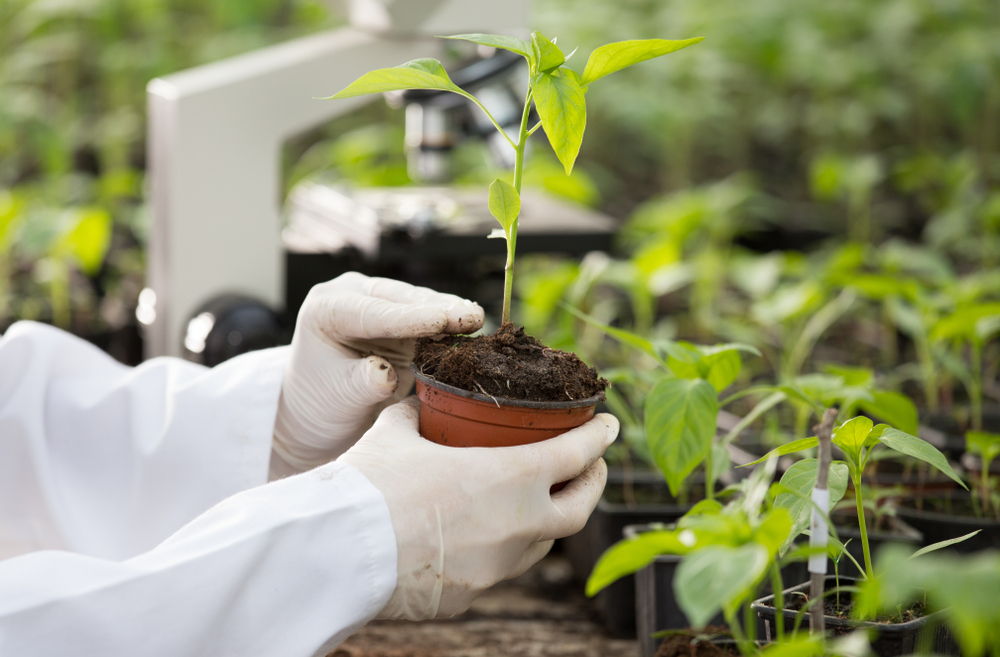The New Yorker has a new piece about the largest case of organic fraud in the industry’s brief history, one prosecutors dubbed “Field of Schemes.”
In 2018, Missouri farmer Randy Constant pleaded guilty to fraudulent sales of (supposedly) organic feed totalling $120 million since 2010. This fraud was so big it encompassed 7 percent of the entire organic corn market and 8 percent of the entire organic soybean market in 2016.
It was simple, in a sense: Constant bought grain from land he leased in several states and falsely passed it off as organic. Constant was so brazen that at one point his scheme involved crops he was growing on the land of a federal prison. (Constant would commit suicide in 2019, before he served any time.)
The article exposes serious shortcomings in the organic certification business. One major one is that a single certification for Constant’s business was able to extend to disjointed land in different states, which probably helped him pull off his caper.
But one passage caught our attention:
“The whole idea of organic corn versus other kinds of corn, you know—once you grind it up and put it into cornmeal, who the hell knows the difference?” The scheme’s participants, [lawyer Clarence] Mock went on, had perhaps recognized that misrepresenting grain as organic was “kind of naughty,” while telling themselves, “Nobody’s getting hurt, or getting sick. It wouldn’t be, like, ‘We’re drug manufacturers, and we’re giving people bad drugs.’ ”
Several organic old-timers I spoke with said that farmers often turn to organic production purely for the price advantage. At that stage, they may find the organic idea absurd, or at least discomforting: more work, more weeds, probably a lower yield.
This is the entire joke with organic: From a consumer perspective, it’s really not any different. There’s no nutritional difference between organic and conventional produce.
While consumers may mistakenly believe organic means “no chemicals,” that isn’t accurate. It means no synthetic fertilizers and pesticides. “Organic” fungicides, fertilizers, and other substances are permitted. And some of them have a higher toxicity than synthetics.
Much of Constant’s crops were used as livestock feed. They weren’t given to consumers. So there is even less distinction between organic and conventional from a consumer point of view.
As the article notes, farmers consider organic farming practices to be worse. Organic agriculture doesn’t allow the latest agricultural technology. It handcuffs farmers. As noted in a later passage:
On at least one occasion, a farmer working with Constant treated a field with herbicides and pesticides—but left the perimeter untouched. To a neighbor, or a hurried inspector, the field would look as scrappy and weed-infested as it should. (Rick Barnes, the real-estate agent who employed Constant, told me that every organic farm “looks like a disaster.”) But Constant’s illicit activities rarely required much guile. In a market that often seems to value a certificate of authenticity over authenticity, all he had to do was lie.
As with a lot of buzzwords, consumers should be skeptical of organic. The whole New Yorker piece is worth a read.





